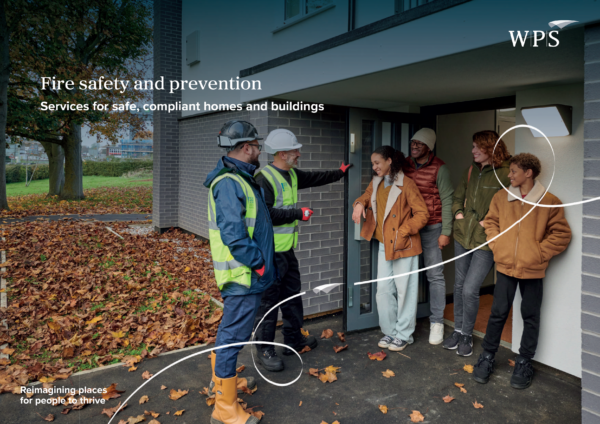The National Audit Office’s findings that external wall insulation work on up to 23,000 homes will require remediation are a sobering reminder that the quality of retrofits needs urgent improvement.
This is particularly damaging for the social housing sector, where landlords face growing demand with waiting lists at historical highs, coupled with the challenge of managing stock, including ageing properties, in line with changing compliance obligations – particularly as the industry adapts to the Building Safety Act and anticipates Awaab’s Law.
The impact of poor-quality work
At worst, the reality of this poor workmanship leaves homes unsafe for residents, with six per cent of homes cited in the report as posing immediate health and safety risks, and at best, means precious public sector funding has been wasted on work that has serious performance issues.
With a portfolio of more than 50 retrofit programmes completed or in progress by our teams, we know this puts huge programme and budgetary pressure on the housing providers we work closely with. It also causes disruption to residents, who are often key to successfully delivering retrofit works.
What the industry should focus on to drive up quality
1. Ensure compliance: It’s vital we now see strict adherence to the standards set by Trust Mark and the Consumer Protection Framework, to ensure residents are really getting the retrofits they deserve. A better collection of data, plus consistent use of retrofit assessments, would also support regulators to uphold standards and take action against those contractors that are not living up to them.
Earlier this year, our team released guidance on how to meet and exceed retrofit standard compliance – read the best practice document here.
2. Ensure competence: We are committed to ensuring quality standards across all the projects we deliver and are working with Greenworkx on a strategic training programme to invest in the skills of our team, and it’s vital that contractors embrace upskilling to ensure quality.
3. Ensure collaboration: We have a strong and trusted supply chain to ensure quality delivery at every stage in the programme. Industry leaders must work together toward the change needed to drive up the quality of housing standards, and that means sharing knowledge and innovation. We are proud to be part of the National Homes Decarbonisation Group (NHDG) and our decarbonisation experts, Michael McGowan and Stephen Tracey, chair the NHDG’s policy and green skills working groups, respectively.
We work closely with housing providers, the Department for Energy Security and Net Zero (DESNZ) and believe collaboration is the key to not only enforcing quality standards but also unlocking innovation for the future.
Investing in green skills
This will be increasingly important in the years to come as the UK continues the journey to net zero, and post-2030, the energy transition shifts focus from fabric measures to a significant ramp-up in the delivery of low carbon heating and renewables.
Now is the time to invest in the green skills needed to not just decarbonise at scale but provide energy security, and this will require work to attract talented people to take up roles that can help meet the industry’s challenge – as well as ensure competent installations are a given for the future.






